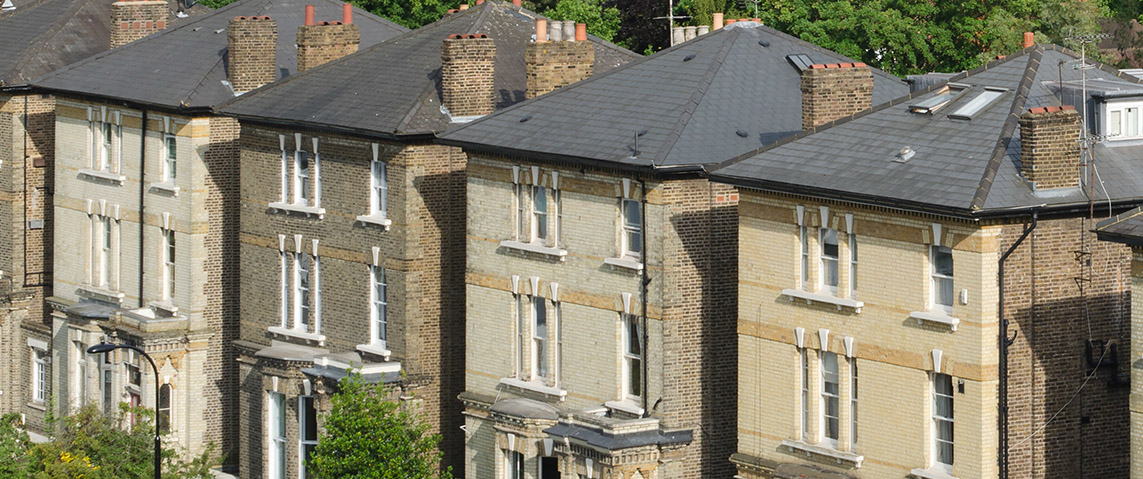Smart Buildings

In this post, we'll cover
The Future of Home Building
The global Smart Building Market is expected grow from $7260.0 Million in 2015 to $36398.7 Million by 2020. This is according to new market research, published by Markets and Markets (M&M).
Improved energy management and lower operating costs are two of the major contributors to this ever evolving trend in smart buildings. Buildings consume an estimated 20% to 40% of a country’s total energy intake so an increase in the number of buildings using smart technology could form a potential source of overall energy savings. Although smart buildings cost considerably more to construct, their benefits overshadow the initial cost in the long run.
http://www.prnewswire.com/news-releases/smart-building-market-worth-363987-million-by-2020-505485611.html
Lower Operating Costs.
Smart buildings are highly efficient and allow for accurate, intelligent control and monitoring of energy-intensive systems such as lighting and HVAC (Heating, Ventilation and Air Conditioning), which helps reduce operating costs over a period of time.
Enhanced Energy Efficiency.
Smart homes offer enhanced energy-efficiency. Lights will shut off automatically if there is no one in the room. The thermostat can be set to let the indoor temperature drop during the day and return it to a more comfortable level just before residents return home in the evening. All of these automated tasks, along with modern, energy-efficient appliances, combine to save on water, electricity and natural gas, ultimately reducing the strain on natural resources.
Faster and More Efficient Problem Resolutions.
Using advanced technology to access building systems makes it easier for professionals to detect problems, assess real-time conditions and monitor building performance from an off-site location. This helps identify and solve problems immediately, sometimes even before the occupant realises there is a problem.
Improved Convenience & Accessibility.
Smart buildings give residents remote access to all systems, from the heating and cooling systems to music and multimedia devices throughout the home so homeowners can listen to audio or watch video in any room. Video intercoms step it up a notch by making it even easier for residents to communicate with each other from room to room of the property and it is also considerably easier and safer for the home when visitors are at the door.
Home automation also allows homeowners to set a schedule for automatic tasks such as watering the garden, removing the need to perform these labour-intensive tasks on a regular basis. For vulnerable residents, accessibility technologies such as voice-command systems can help them perform everyday tasks such as locking doors, controlling lights, using a telephone or operating a computer.
Tighter Security.
Smart buildings are equipped with state of the art security systems that integrate motion sensors and cameras that can be linked to the local police station or a private security company. The use of key cards or fingerprint identification adds another level of security in some buildings.
Home emergency insurance ensures swift assistance, enabling homeowners to address these problems promptly and prevent further damage to their property.
Discover crucial reasons behind boiler water leaks for effective troubleshooting. Explore our comprehensive blog unraveling five key factors contributing to boiler water leakage for insightful solutions.
Explore the differences and benefits of boiler insurance versus home emergency cover. Discover which option suits your needs best on our comprehensive comparison blog.
Feeling vulnerable in your own home? Discover essential tips and tricks to prevent common emergencies from fire safety to water damage, learn how to create a safe and secure environment for your family.
Explore eight compelling reasons why a home appliance insurance plan might be the solution for you. Gain peace of mind, save money on repairs, and ensure your essential appliances are protected.

 Appliance
Appliance







